The exact environmental impact of the fashion industry isn’t fully known, but we all know it’s huge! While we strive to produce our clothes responsibly, did you know that 44% of a product's total environmental impact comes from its use? This includes washing, drying, ironing, and detergent production. Caring for your clothes thoughtfully extends their life and reduces the need for new production.
Care Guide
The exact environmental impact of the fashion industry isn’t fully known, but we all know it’s huge! While we strive to produce our clothes responsibly, did you know that 44% of a product's total environmental impact comes from its use? This includes washing, drying, ironing, and detergent production. Caring for your clothes thoughtfully extends their life and reduces the need for new production.
For example, washing jeans every 10 wears instead of every 2 cuts energy and water use by 80% - and helps them keep their shape longer. So, there’s a great reason to treat your clothes with care and make them last as long as possible.
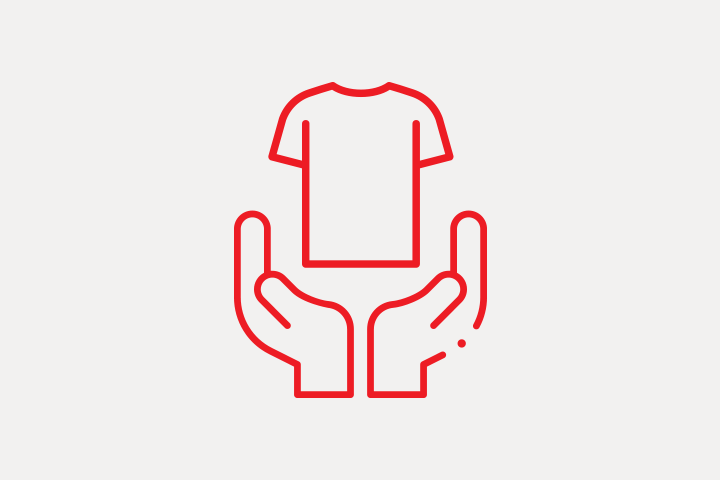
Follow the Carelabel
It’s important to follow the care label instructions inside your Revolution item to maintain its quality and prevent damage. These guidelines ensure your clothes are properly cared for during washing and drying. You’ll find a care label inside all Revolution styles.
The carelabel will also guide you on how to recycle you Revolution item. If it's in really good condition you can consider participating in our Vintaged™ program.
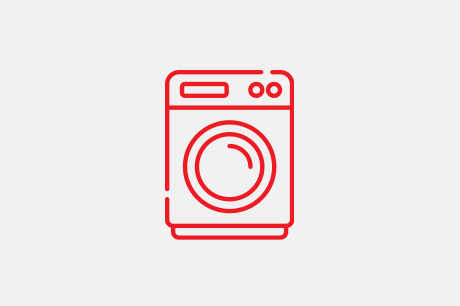
Washing
T-shirts, blouses, and pants that are typically washed at 30-40°C can also be cleaned at 15-20°C using a cold water detergent with enzymes that work at lower temperatures. Avoid perfumed detergents to help minimizing chances of allergies, and consider the type and amount of washing detergent.
While cold water doesn't kill bacteria, washing at 60-80°C is necessary for that, but it's not needed for lightly soiled clothes. To keep your washing machine bacteria free, run an empty cycle at 80°C once a month.

Detergents
Choose an environment and allergy-labeled product. Choose a product that is produced in your own country or close by. Liquid detergent contains preservatives that can be allergenic. Powder, on the other hand, does not contain preservatives.
When dosing detergents, alwayscheck the instructions on the detergent. There are typically three factors that apply in the dosage:
1. Water hardness - check the hardness of the water in the area where you live. This differs from city to city - check the website of your municipality.
2. Weight - the overall mass and weight of your laundry.
3. How dirty are the clothes - often the clothes we use in everyday life are only slightly dirty.
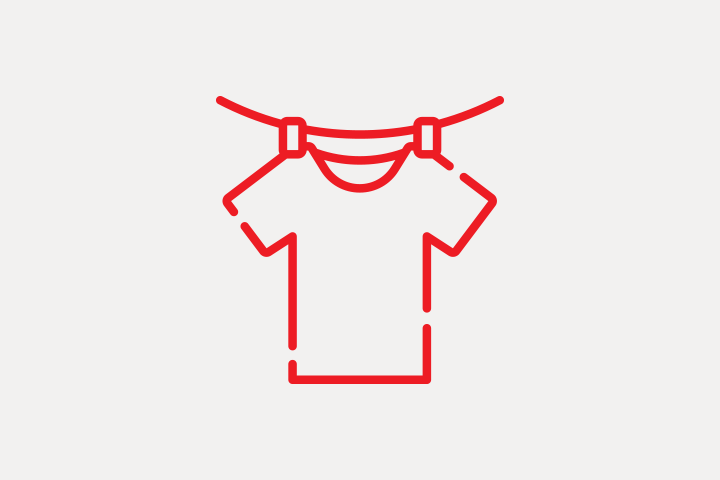
Drying
Drying clothes is a highly energy-intensive process, which contributes significantly to household energy consumption and CO2 emissions. To lower this impact, we strongly recommend line-drying your clothes whenever possible. Line drying can reduce CO2 emissions by an impressive 66% compared to using an electric dryer. Not only does line drying conserve energy, but it also plays a crucial role in reducing your carbon footprint.
Additionally, line drying can extend the lifespan of your garments by reducing wear and tear caused by the heat and tumbling action of dryers, further contributing to sustainable living.

Iron
Ironing and steaming garments consume both time and energy, making it important to use these methods sparingly. We recommend ironing or steaming only when absolutely necessary.
A simple and effective alternative is to hang your freshly washed Revolution clothes in the bathroom while you take a hot shower. The natural steam generated during your shower can help to relax the fibers of the fabric, reducing wrinkles and smoothing out creases without the need for additional energy or equipment.
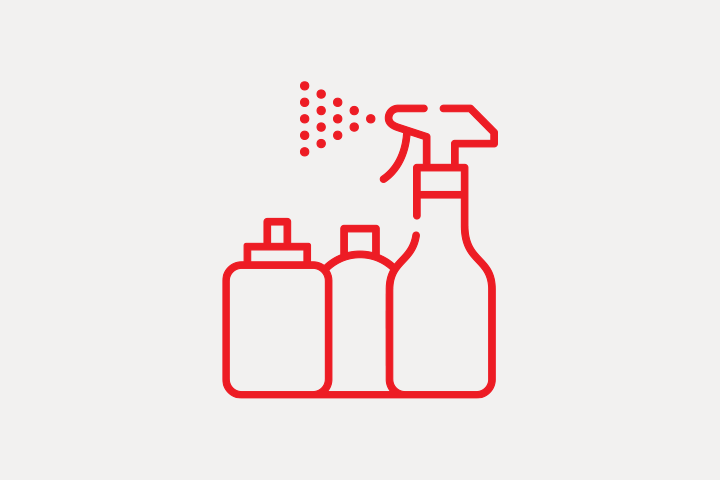
Coating
All of our coated styles feature Teflon EcoElite™ coating - the world's first plant-based fabric finish. Over time, wear, tear, and washing reduce the effectiveness of this coating. Avoid washing the jacket if it gets a spot. Instead, remove stains with a damp cloth.
If you want to re-impregnate your jacket, choose an eco-friendly fabric treatment that is free of PFAS. This will ensure your clothing remains protected without harming the environment or using harmful chemicals.
For more information on PFAS-free fabric treatments, visit Tænk's guide.
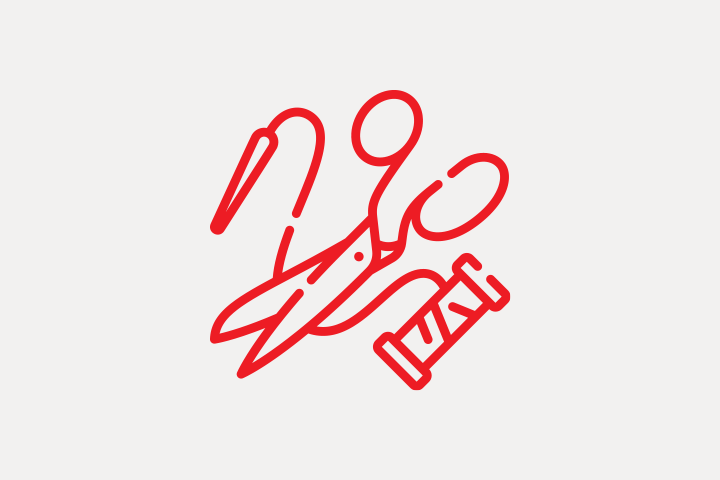
Minor repairs
You can repair your Revolution clothes to extend their lifespan. Simple fixes like sewing holes or replacing buttons require basic sewing skills and can save you money while reducing waste and impact on the environment. We provide extra buttons for selected styles, you'll find them sewn to the carelabel inside the style.
See our tutorials for simple sewing projects.


Comments
Dear Tuomas,
Thanks for your comment. We will of course send you some buttons. Please write an email to shop@revolution.eu – so we can get your shipping details.
We cannot guarantee it is the same button. Therefore please send some images of the button.
Best
Revolution
Hey! I recently trifted a parka (style 7443). This jacket however misses a button and also there is no extra anymore in the care label. Would there be a way to get/ purchase one of these buttons from your store?